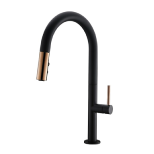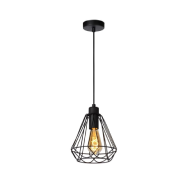
Savings Bonds: What You Need To Know
Savings bonds are a smart way to make your money work harder – provided you can afford to lock your cash away for a while. Savings bonds are a collection of financial products which work like savings accounts – you deposit a certain amount of money with a bank, a building society, or the government, and you receive period interest on that money.
Bonds work slightly differently to other types of savings: they require you to lock your money up for a set period, and they often ask for a minimum deposit. In effect, they are a fixed-term loan you offer to the provider in exchange for a known return on your investment.

Bonds generally last between six months and five years, and the longer you lock your money away, the better the rates you will get – but you are powerless if interest rises.
Unsurprisingly, the longer you commit your money for, the better the interest rate, as your bank or stockbroker can invest the money for longer.
Savings bonds typically require a one-off lump sum to open, though in most cases you will not be allowed to top this amount up once your account is set up and the typical 14-day grace period has passed.
You can usually get access to your money if you write to the provider and ask for it to be released, but this will close the account and you won’t be able to collect the full amount of interest that has accrued. It is wise to read the terms and conditions before you open an account.















__thumb__120x120__70__a960ee47ff3b39dd79c65d0b2f96a706.jpg)

